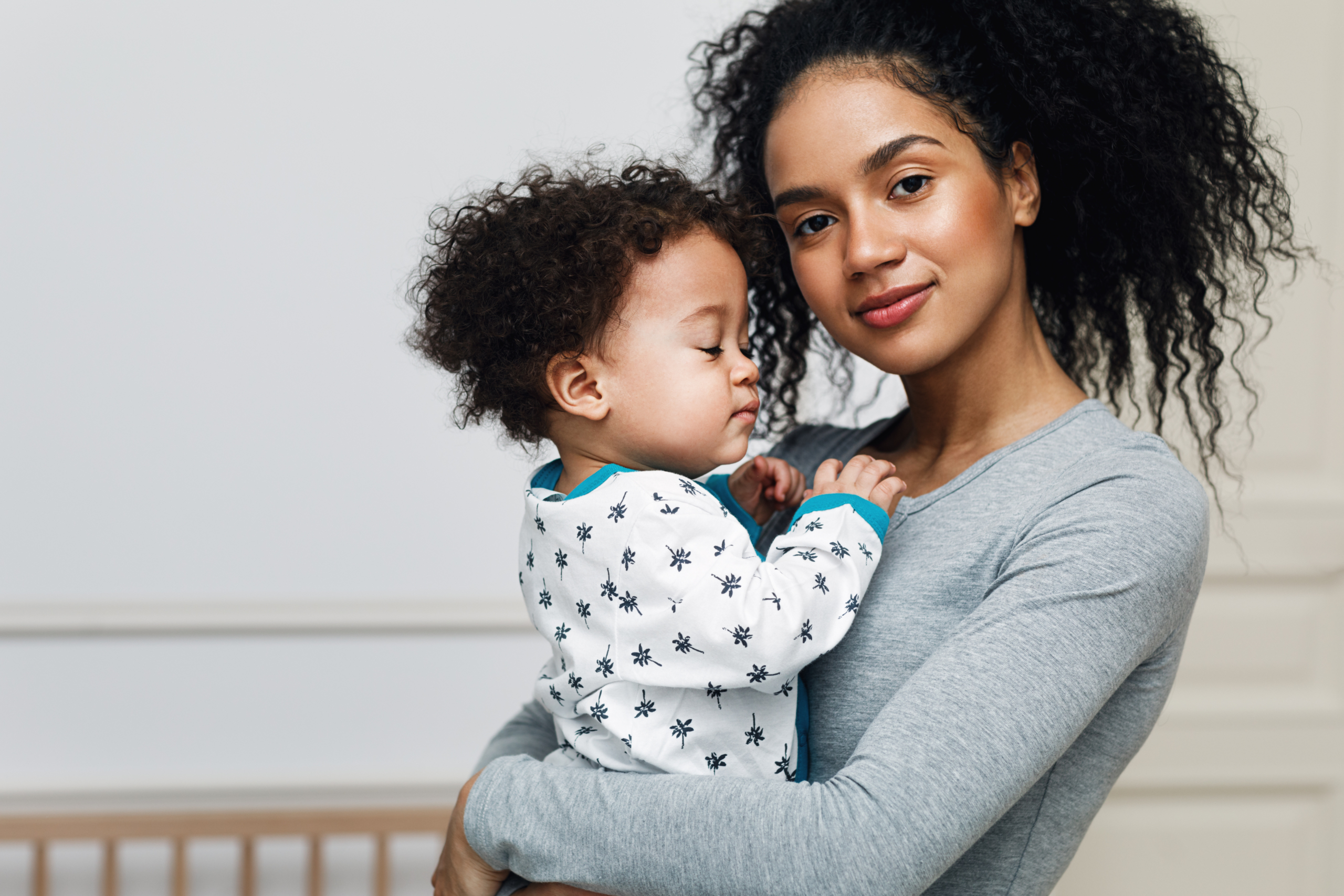Although we typically talk about postpartum depression, it is notable that depression emerging during the postpartum period is often associated with anxiety and/or insomnia symptoms. Especially when PPD is severe, anxiety and insomnia can significantly interfere with functioning. Because typical antidepressants — serotonin reuptake inhibitors — can take up to 4-6 weeks to show beneficial effects, the acute treatment of PPD may also require the use of other medications, such as benzodiazepines, to target anxiety and sleep problems.
Neuroactive steroids, such as brexanolone which has been marketed as Zulresso for the treatment of PPD, are effective for depression but appear to differ from traditional antidepressants in that they have beneficial effects typically within 48 to 72 hours.
One question regarding the rapid efficacy of the neurosteroids is whether the early improvements seen with neurosteroids like brexanolone are related to the effects of these medications on anxiety and sleep. A recent study looks specifically at the effects of the neurosteroid zuranolone on anxiety symptoms, insomnia symptoms and functional health in women with PPD.
Zuranolone, like brexanolone, is a derivative of allopregnanolone and is a positive allosteric modulator of GABA-A receptors. Data from the Phase 3 SKYLARk study demonstrated that a 15-day course of zuranolone was superior to placebo in women with severe PPD. By day 3, women receiving zuranolone experienced a greater reduction in HAM-D scores than women receiving placebo.
Post-Hoc Analysis of Data from the ROBIN Study
Deligiannidis and colleagues analyzed data from the Phase 3, double-blind, randomized, placebo-controlled ROBIN study of zuranolone. This study included women 18-45 years of age who were less than 6 months postpartum and who had experienced the onset of PPD in the third trimester or within the first 4 weeks postpartum. Women received oral zuranolone 30 mg (n = 77) or placebo (n = 76) for 14 days with follow-up through day 45.
Anxiety symptoms improved to a greater degree with zuranolone compared to placebo (P < .05) at days 3 through 45. Rates of concurrent remission of depression and anxiety symptoms (Hamilton Anxiety Rating Scale total score ? 7) were higher with zuranolone compared to placebo at days 3, 15, and 45 (18.9% vs. 2.7%, 40.5% vs. 19.2%, 52.1% vs. 23.2%, respectively). Participants also reported beneficial effects of zuranolone on insomnia symptoms and overall quality of functioning.
Clinical Implications
In this study, women with PPD receiving zuranolone experienced improvements in both depression and anxiety symptoms, with higher rates of improvement and remission of symptoms seen at days 3, 15, and 45 compared to women receiving placebo. Beneficial effects of zuranolone on insomnia and patient-reported functional health and well-being were also observed.
Given the high rates of concurrent anxiety and/or insomnia symptoms observed in women with PPD, the findings of the study suggest that zuranolone may be particularly useful in this population. This study demonstrates that rapid improvements in depression, anxiety, and insomnia symptoms may be achieved without the use of other medications.
While this study was not able to determine whether improvements in anxiety and/or sleep precede the antidepressant effects of zuranolone, other studies have shown that insomnia (difficulty falling asleep when baby is sleeping or returning to sleep after waking to care for baby) can be a risk factor for, as well as a symptom, of PPD, and insomnia may predict or contribute to increased severity of PPD. Sleep disturbance and poor sleep quality are also associated with more frequent self-harm thoughts in women with PPD. Furthermore, poor sleep quality has also been associated with increased postpartum anxiety symptoms. Thus, effective treatment of PPD often hinges upon the effective management of anxiety symptoms and insomnia.
Ruta Nonacs, MD PhD
Deligiannidis KM, Citrome L, Huang MY, Acaster S, Fridman M, Bonthapally V, Lasser R, Kanes SJ. Effect of Zuranolone on Concurrent Anxiety and Insomnia Symptoms in Women With Postpartum Depression. J Clin Psychiatry. 2023 Jan 30; 84(1):22m14475.







Leave A Comment